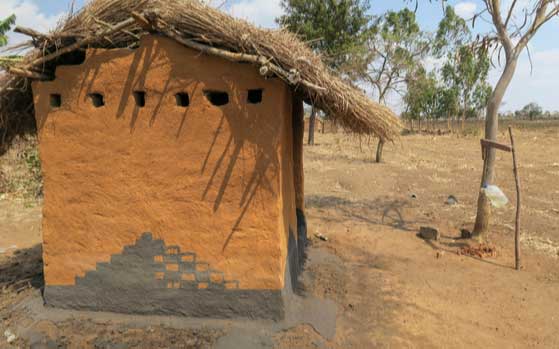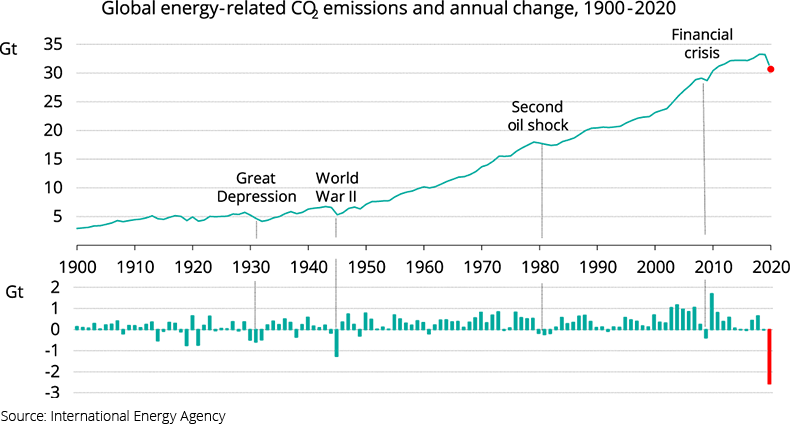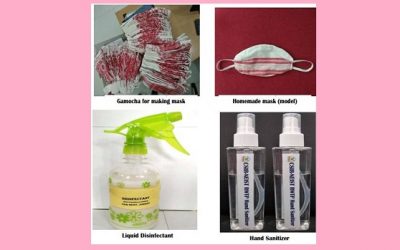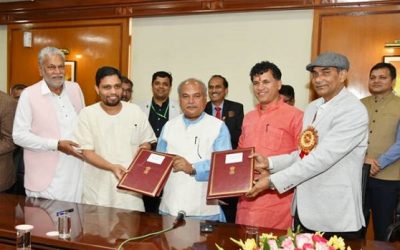The Union Cabinet, chaired by the Prime Minister, Narendra Modi has approved the Phase II of the Swachh Bharat Mission (Grameen) till 2024-25, which will focus on Open Defecation Free Plus (ODF Plus), which includes ODF sustainability and Solid and Liquid Waste Management (SLWM).
The program will also work towards ensuring that no one is left behind and everyone uses a toilet. SBM(G) Phase-II will also be implemented in a mission mode with a total estimated budgeted financial implication of Rs 52,497 crore for the period from 2020-21 to 2024-25 including the Central and State shares. In addition to this, the 15th Finance Commission has proposed earmarking Rs 30,375 crores for rural water supply and sanitation to be implemented by rural local bodies for the upcoming financial year. The ODF Plus program will also converge with MGNREGA, specially for grey water management and will also complement the newly launched Jal Jeevan Mission.
Under the program, provision for incentive of Rs 12,000 for construction of Individual Household Toilet (IHHL) to the newly emerging eligible households as per the existing norms will continue. Funding norms for Solid and Liquid Waste Management (SLWM) have been rationalized and changed to per capita basis in place of no. of households. Additionally, financial assistance to the Gram Panchayats (GPs) for construction of Community Managed Sanitary Complex (CMSC) at village level has been increased from Rs 2 lakh to Rs 3 lakh per CMSC.
The program will be implemented by the States/UTs as per the operational guidelines which will be issued to the States shortly. The fund sharing pattern between Centre and States will be 90:10 for North-Eastern States and Himalayan States and UT of J&K; 60:40 for other States; and 100:0 for other Union Territories, for all the components.
The SLWM component of ODF Plus will be monitored on the basis of output-outcome indicators for four key areas: plastic waste management, bio-degradable solid waste management (including animal waste management), greywater management and fecal sludge management.
The SBM-G Phase II will continue to generate employment and provide impetus to the rural economy through construction of household toilets and community toilets, as well as infrastructure for SLWM such as compost pits, soak pits, waste stabilization ponds, material recovery facilities etc.
The rural sanitation coverage in the country at the time of launch of SBM(G) on 02.10.2014 was reported as 38.7%. More than 10 crore individual toilets have been constructed since the launch of the mission; as a result, rural areas in all the States have declared themselves ODF as on 2 October, 2019. The Department of Drinking Water and Sanitation (DDWS) has, however, advised all the States to reconfirm that there are no rural households that still don’t have access to a toilet, and provide the necessary support to any such identified households to build individual household toilets in order to ensure that no one is left behind under the program.










0 Comments